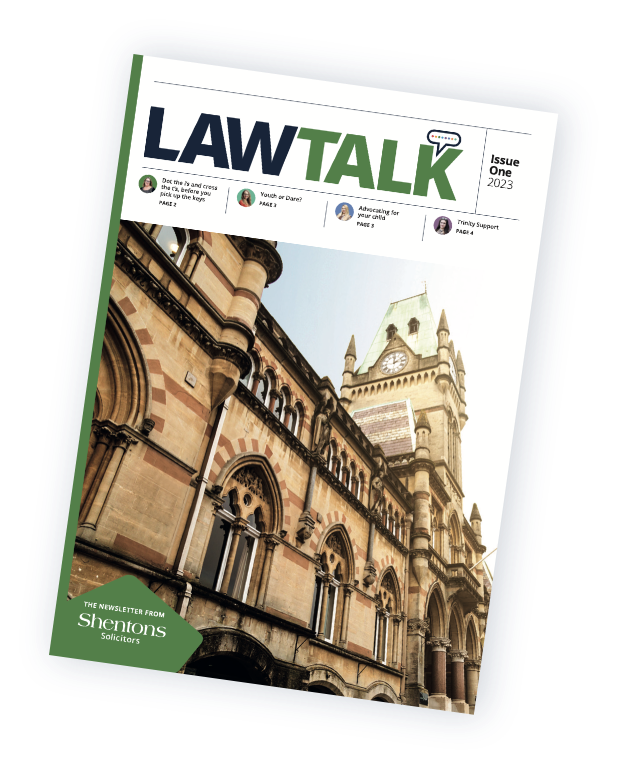How New Cross-Examination Rules Safeguard Domestic Abuse Survivors in Family Court.

At some hearings in the Family Court, it is necessary for the parties to give evidence. It is important that each party has an opportunity to challenge the other party’s evidence to test its reliability and their credibility as a witness to assist the Judge in making decisions.
This is known as cross-examination and involves questions being put to each party by the other. For people with legal representation, these questions will be put by their barrister or solicitor. Without a lawyer, the parties are left to cross-examine each other.
Attending Court can be an extremely stressful and frightening experience, particularly for victims of domestic abuse. It is now recognised that some perpetrators use the Court process as a means of extending their abuse, resulting in victims being subjected to on-going trauma. Imagine the situation where you had to attend Court and be questioned by the very person who had harmed you or your child, the very person you fear most.
Thankfully on 21st July 2022, legislation came into force to prevent this very situation. In these cases, the Court must consider whether there is a satisfactory alternative means for cross-examination where you have an alleged perpetrator and their victim. If there is not, the Court must now appoint a legal professional to carry out the questioning.
This applies only to new proceedings issued after this date, and only in cases where there is specified evidence of domestic abuse, or there is a charge, conviction or protective Injunction in place. In other cases, the Court may still prohibit cross-examination when this would likely affect the quality of a witness’ evidence or cause significant distress to a witness. The Court may, for example, require written questions to be filed in advance of the hearing, which will be put to the other party by a Judge.
Our family team regularly assist and represent clients in cases involving domestic abuse. We welcome these developments not only to protect victims, but also to ensure that the parties get a fair hearing. It is hoped that enough qualified advocates will join the scheme to enable its success.
All our latest news, articles, interviews, tips and more.
